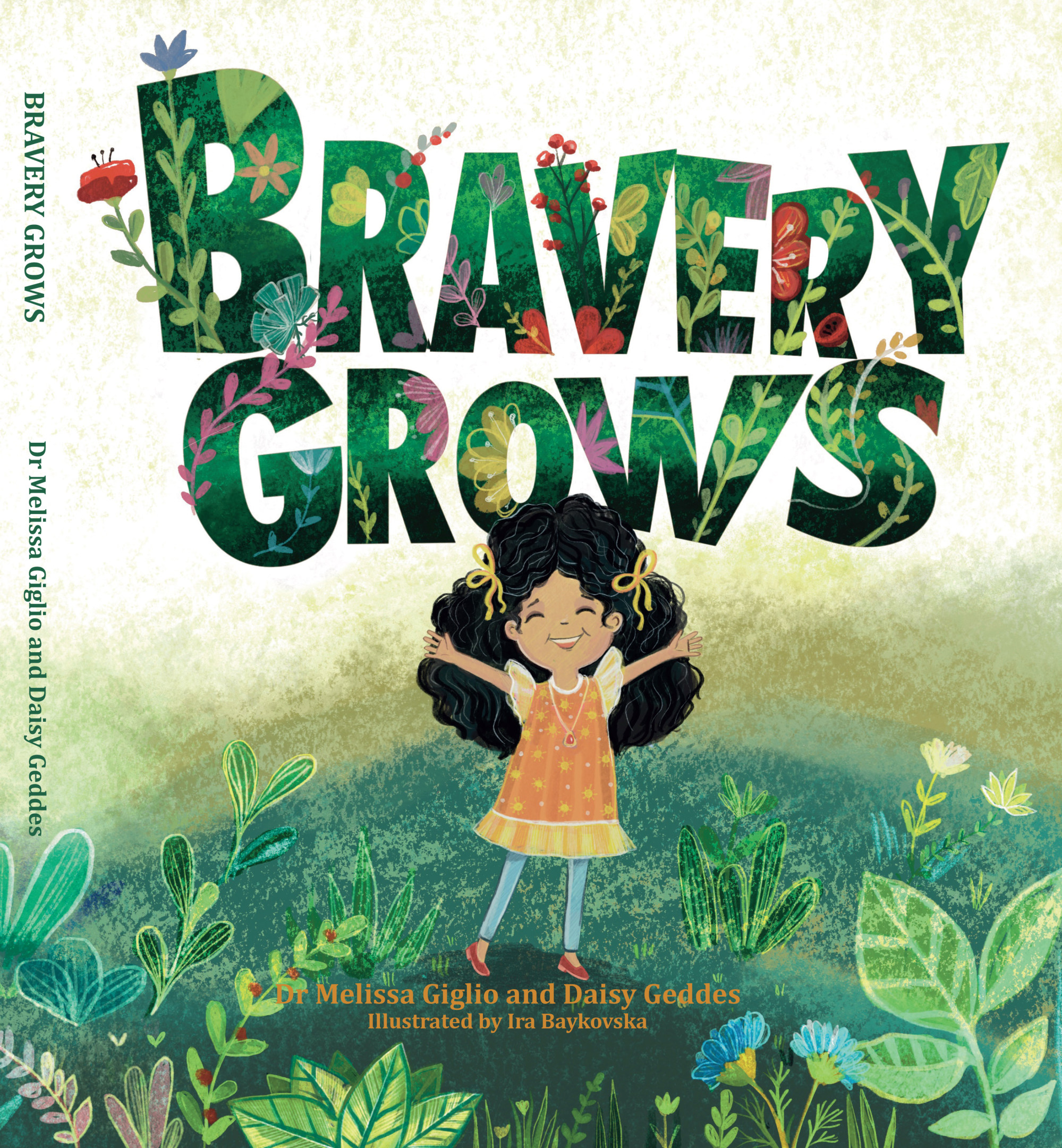
Is your child too afraid to talk in social situations? Selective mutism, a severe anxiety disorder, is not just shyness – how 2 girls overcame it
- ‘I would have things to say but I was so afraid to say them aloud for fear of being laughed at,’ says one woman on having selective mutism as a child
- A psychologist’s new book on selective mutism is a tool to help parents understand this anxiety disorder, and help young people with it feel empowered
At her high school graduation, Livvy Kramer stood up and addressed the whole school. It was a speech that made her parents proud and Livvy marvel at how far she had come: as a child she had selective mutism, a severe anxiety disorder that leaves a person unable to speak in certain social situations.
Growing up in her native New York, Livvy was close to her parents, had a big personality at home and a handful of good friends. But, when she went to kindergarten, she fell silent.

They met Dr Melissa Giglio – then an associate psychologist at the Child Mind Institute in New York – and she began working with Livvy when she was seven, helping her to get more comfortable about speaking in different public settings.
Giglio has been based in Hong Kong for the last 10 years and is a clinical psychologist, director of the Child Development Team at Central Health Medical Practice, and one of the only selective mutism (SM) specialists in the whole of Asia.
The lack of awareness about SM and the limited resources around it were the drives for her writing a children’s book on the subject, Bravery Grows, released last week.
Co-authored with her colleague Daisy Geddes, the book is written in rhyming couplets and tells the story of a girl who is lively and chatty at home, but silent when she gets to school. The story is written in the first person: “My teacher asks me a question, but the words won’t come out, my glow dims a little more; it’s about to go out.”
Spoiler alert: the girl practises using her “brave voice” and the more she practises, the stronger she gets.

“Early in my training, I started looking for resources to use with children, but there were no mainstream books. I wanted to create something that would help kids feel empowered,” says Giglio. “We all have some bravery we need to grow.”
SM is usually first noticed in children aged three to six, when they begin to go outside the home and into environments where they are expected to speak. It typically affects 1 to 2 per cent of children, with a higher incidence in girls. It is not shyness.
“Shy kids, once they get comfortable, can play and be themselves and be chatty and share ideas. These kids [with SM] are consistently not speaking in environments that make them uncomfortable,” says Giglio.

“We are noticing an increase in the intensity of their anxiety because they haven’t been in school for three years and they haven’t been playing with other kids,” she says.
“It feels more severe, they are more complex in their presentation and are having more trouble separating from their parents, and entering social situations and speaking and engaging, because they haven’t had the practice. Maybe the parents didn’t notice because they weren’t in those environments,” says Giglio.
Sixteen-year-old Arya Chawhan remembers being afraid to speak when she went to kindergarten and, as a three- and four-year-old in class, used non-verbal ways of communicating – like nodding her head.
“I wanted to say things to potential friends or teachers but didn’t have the courage or bravery to do so,” says Arya.
With the support of Giglio in her early years, she slowly grew her “brave voice” and now runs her school newspaper and a community service club, regularly speaking in front of groups.
Her advice to parents of children with SM is to understand that their child is not being difficult or obstinate, and to help make them as comfortable as possible.
“It’s great Bravery Grows is coming out. It will allow kids to resonate with the character. It would have been great for me at that age,” says Arya.

“We do it in the context of play, which is more rewarding, and they are more likely to push themselves out of their comfort zone because they are making it fun,” says Giglio.
She is also focused on training the parents so they can be agents of change. “We see them once a week and their parents are with them all the time, so it makes sense to train the parents in the skills so they can practise every day,” she says.

SM is not something to be ignored, and the earlier it is treated the swifter the results.
“If anything, SM is persistent and doesn’t go away without intervention. Their life becomes smaller, they are unable to socialise with friends in a typical way and find it can interfere with their life,” says Giglio.
Giglio will launch Bravery Grows at Bookazine in Landmark Prince’s, 10 Chater Road, Central, Hong Kong Island on September 25. A Chinese edition will be available in November.

